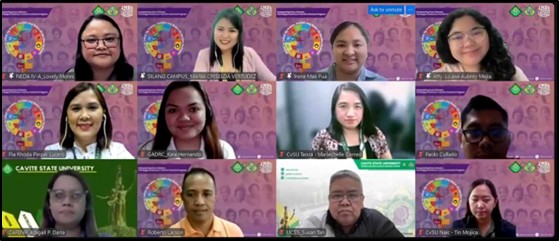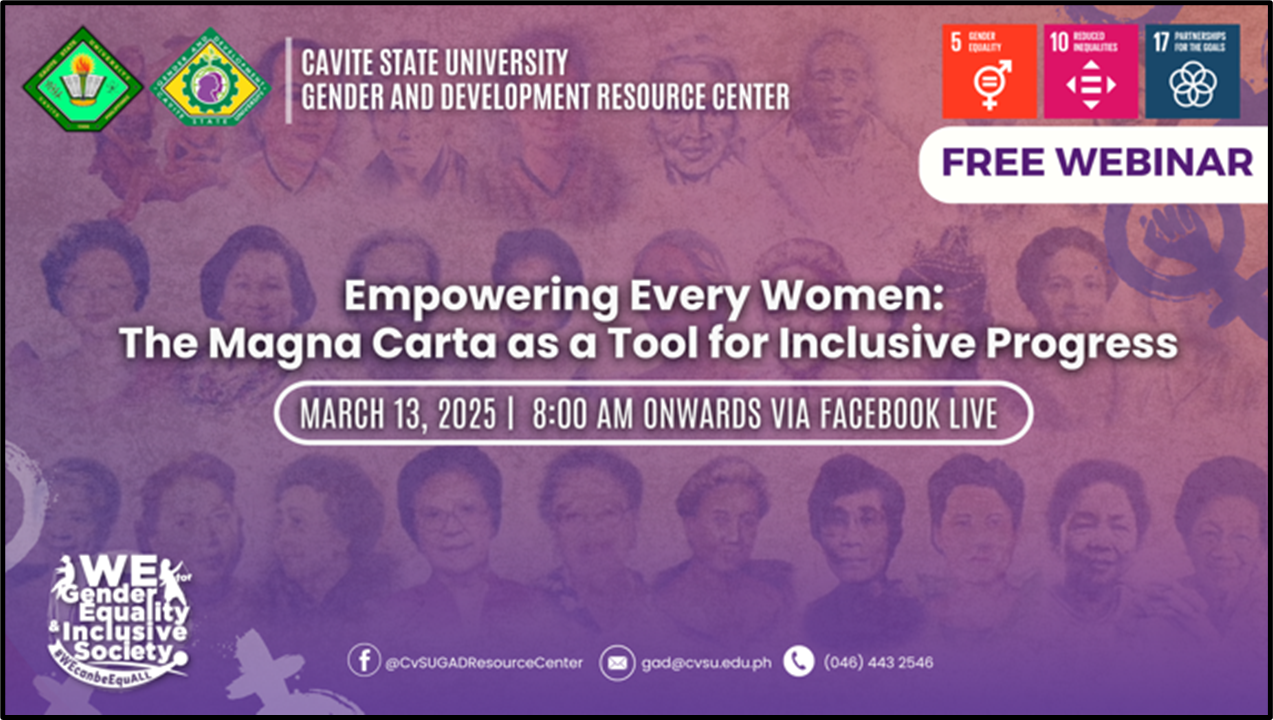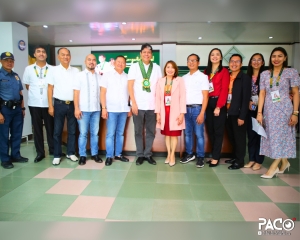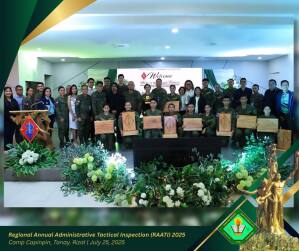![]()
The 2025 Women’s Month Celebration Webinar Series commenced with its first session, “Empowering Women: The Magna Carta as a Tool for Inclusive Progress,” on March 13, 2025, 8:00 AM via Zoom video conferencing and Facebook livestream.
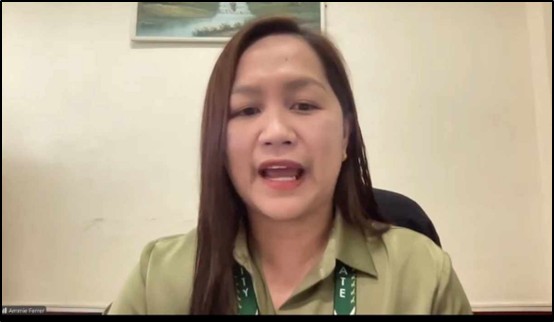
Dr. Ammie Ferrer, Officer-in-Charge of the College of Arts and Sciences, welcomed everyone and emphasized the significance of the webinar in raising awareness about gender equality and women’s rights. She highlighted the importance of understanding legal foundations, addressing workplace challenges, and fostering inclusive opportunities for women. Dr. Ferrer also underscored the role of collective efforts in advancing gender advocacy, and encouraged participants to apply their learnings in promoting women’s empowerment. Subsequently, Ms. Janeal Krayjn Rebutazo, Training Coordinator of the Gender and Development Resource Center (GADRC), outlined the objectives of the activity and the house rules to ensure a smooth and structured session for all participants.
The webinar proper focused on essential discussions concerning women’s rights and gender equality, providing attendees with an in-depth understanding of the legal frameworks and challenges associated with its implementation. The session was organized into three key topics, each presented by distinguished experts in gender law, policy, and development.
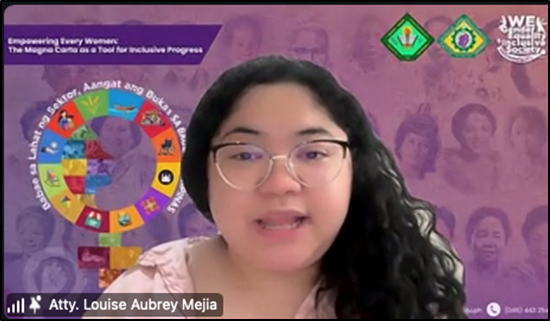
The first topic, “History and Development of Women’s Rights in the Philippines,” was delivered by Atty. Louise Aubrey Mejia, Senior Legal Associate at the UP Gender Law and Policy Program. She provided an overview of the historical, legal, and international frameworks that have shaped gender equality in the country. It began with an introduction to the role of laws in reflecting and prescribing societal values. The historical overview traces the status of women from the pre-colonial period to contemporary society, highlighting the evolving roles and challenges faced by Filipino women. The international backdrop discusses the Convention on the Elimination of All Forms of Discrimination Against Women (CEDAW), emphasizing its role in eliminating gender-based discrimination and promoting equality. The Philippine legal framework section outlines key gender-related legislations, including the Magna Carta of Women, Anti-Violence Against Women and Their Children Act, Anti-Trafficking in Persons Act, Safe Spaces Act, and Expanded Maternity Leave Law. These laws aim to protect women’s rights in various aspects, such as employment, education, public life, and personal safety. However, challenges remain in labor rights, education, and legal enforcement, indicating the need for continued advocacy and policy improvements to achieve gender equality in the Philippines.
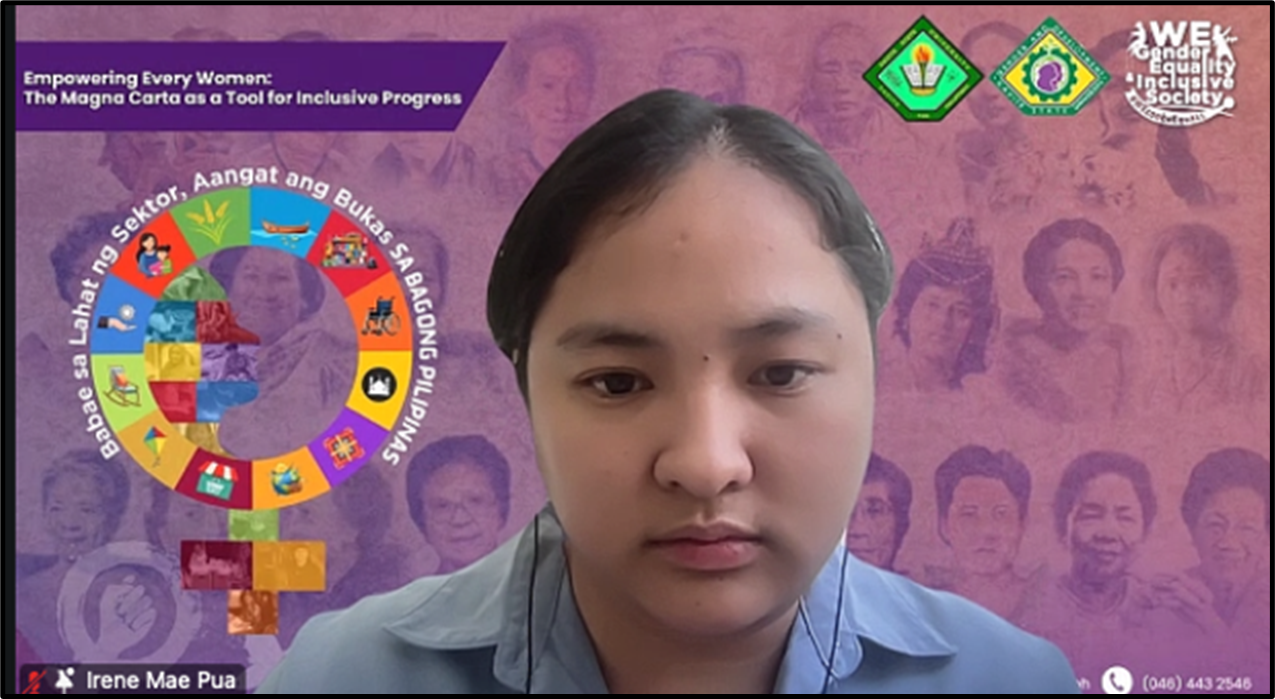
The second topic, “Overview of the Magna Carta of Women,” was presented by Atty. Irene Pua, Legal Associate at the UP Gender Law and Policy Program. She provided a comprehensive discussion on the legal framework supporting gender equality in the Philippines. It highlights key constitutional provisions, such as those in the 1987 Constitution, which recognize women’s roles in nation-building and mandate their protection in various aspects of society. The CEDAW is also emphasized as the foundation for the Magna Carta of Women (RA 9710), which aims to eliminate gender discrimination and promote substantive equality. The law defines gender-based discrimination and outlines the state’s obligations to ensure women empowerment, equal opportunities, and protection from violence. Key provisions include the recognition of women’s rights as human rights, gender-sensitive policies in education, health, employment, and political participation, as well as mechanisms for gender mainstreaming. The session also discussed institutional responsibilities, such as the role of the Philippine Commission on Women (PCW) and the Commission on Human Rights (CHR), and legal cases that reinforce the importance of gender equality in governance and workplace policies. Ultimately, the presentation underscores the need for continuous efforts to implement and strengthen gender-responsive policies for an inclusive society.
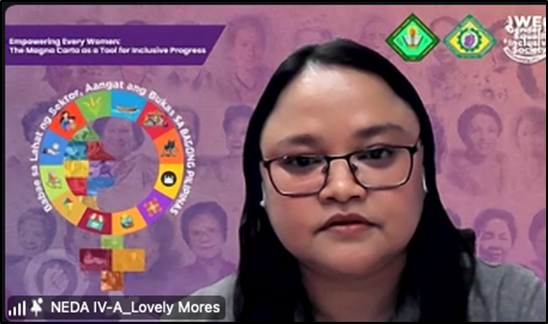
The final topic, “Challenges in Implementing the Magna Carta of Women,” was presented by Ms. Lovely S. Mores, Officer-in-Charge and Assistant Regional Director of NEDA Region IV-A. She provided a critical analysis of the law’s role in protecting women’s rights and eliminating discrimination, also underscoring persistent challenges in its implementation. Violence against women (VAW) remains a critical issue, with many cases of intimate partner violence and gaps in the functionality of VAW desks. According to Ms. Mores, women’s participation and representation in leadership, governance, and decision-making bodies still fall short of mandated targets, while gender disparities persist in the military, media, and sports sectors. She added that limited data availability hinders proper assessment and policy-making, particularly in areas such as women’s participation in sports, access to benefits, and disaster response. Additionally, legal reforms are still needed to amend outdated laws that perpetuate gender inequality. To strengthen MCW implementation, she said that there is an urgent need to enhance data collection, improve VAW desk functionality, enforce gender sensitivity training (GST), advocate for gender-fair media representation, and push for further legal reforms. While progress has been made, Ms. Mores emphasized that sustained efforts are necessary to fully realize the law’s goals and ensure gender equality in all sectors.
During the open forum, a diverse range of questions was raised, covering the effectiveness of existing gender laws, the responsibilities of government institutions in combatting gender-based violence, and the role of youth in advancing gender advocacy. The speakers provided comprehensive responses, offering clarifications on legal interpretations and sharing best practices drawn from their professional experiences.
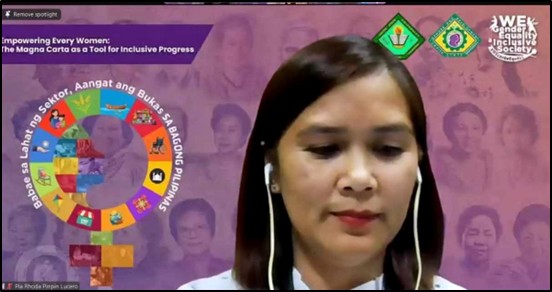
The session concluded with a closing message delivered by Dr. Pia Rhoda P. Lucero, Officer-in-Charge of the Institutional Development Office. In her remarks, Dr. Lucero underscored the significance of collective efforts in upholding women’s rights and ensuring the effective implementation of gender laws. She encouraged all participants to apply their learnings in their respective fields and to contribute actively to gender mainstreaming initiatives within their institutions and communities.
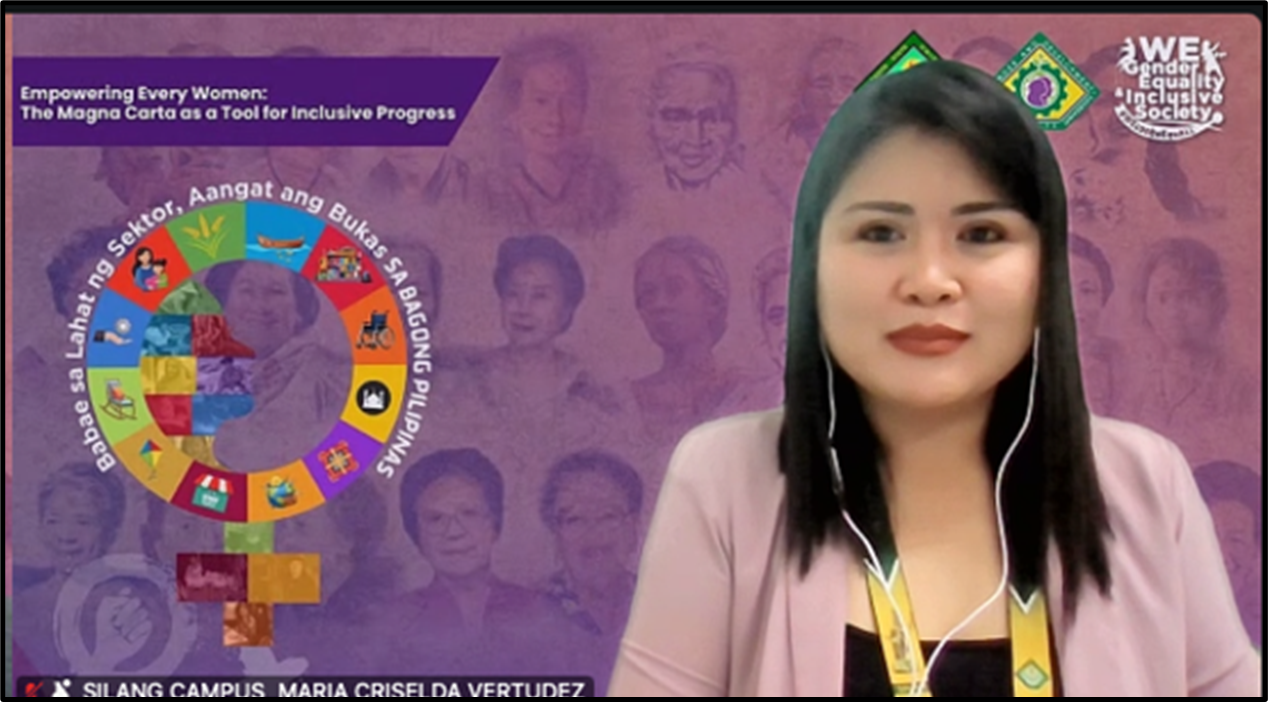
Moderated by Ms. Maria Crizelda M. Vertudez, GAD Coordinator from CvSU-Silang Campus, the webinar served as a platform for learning, dialogue, and advocacy, equipping participants with the knowledge and motivation to advance gender equality and inclusive progress in their respective spheres.
